#lance corporal schofield
Explore tagged Tumblr posts
Text
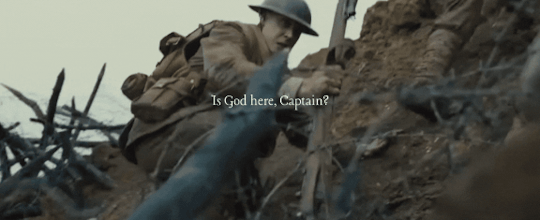
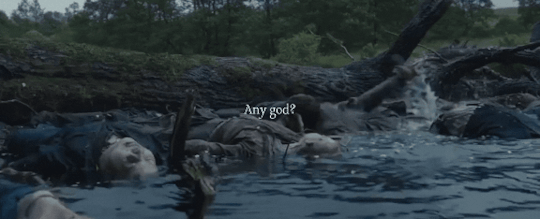

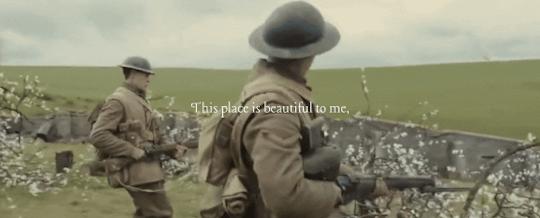

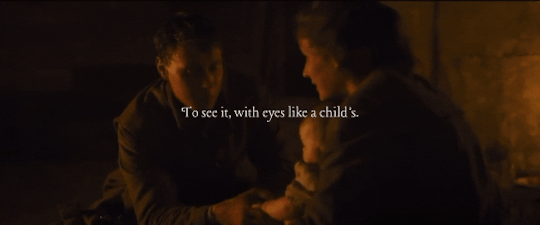

"Is God here, Captain? Any god? It doesn't matter. This place is beautiful to me, even now. To see it, with eyes like a child's. There is wonder here, Captain." - Harry Goodsir, The Terror (2018), S1E10: "We Are Gone" // 1917 (2019) dir. Sam Mendes
#aka i heard this quote and went 'omg that's so wwi' and now here we are#i'm sorry they're not all the same length. I did my best but this is kinda my first ever gifset soooo#1917#1917 movie#1917 film#1917 (2019)#william schofield#tom blake#lance corporal schofield#lance corporal blake#gifs#mine#the terror#harry goodsir#this was made for my very specific intersection of 1917 mutuals who also like the terror. you guys rock <3
213 notes
·
View notes
Text
happy fog of war friday




#i thought about doing one for 'time is the enemy tuesday(?)' but it isn't as funny imo#1917#1917 (2019)#1917 film#1917 movie#william schofield#will schofield#thomas blake#tom blake#lance corporal schofield#lance corporal blake#blakefield#lieutenant leslie#george mackay#dean charles chapman#andrew scott
454 notes
·
View notes
Text





1917 (2019) - dir. Sam Mendes
#1917#1917edit#lance corporal schofield#tusereliza#userrobin#userkraina#perioddramaedit#moviegifs#filmedit#fyeahmovies#cinemapix#cinematv#filmtvcentral#userfilm#myedit
490 notes
·
View notes
Text
"In a sieve they went to sea".
some of my favourite screen caps from my recent rewatch of 1917
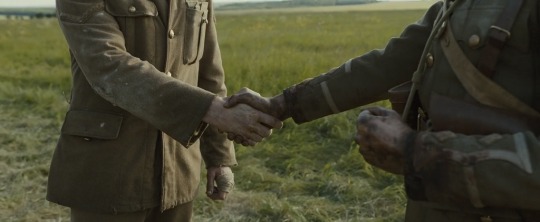




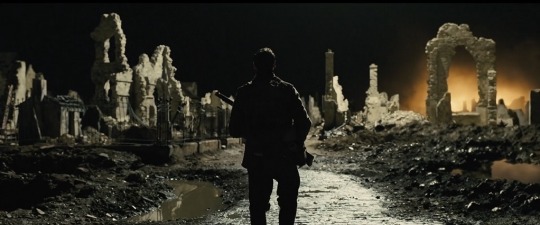

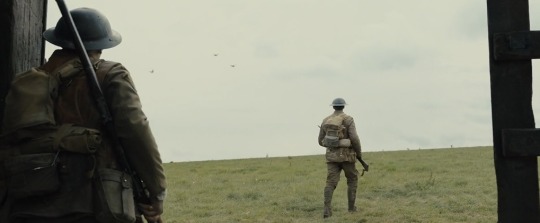
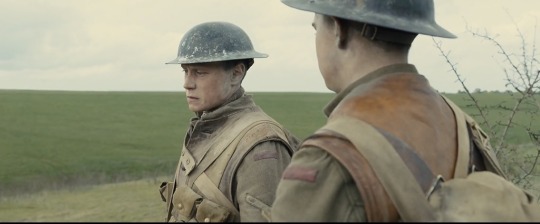

#movies#1917 movie#lance corporal schofield#lance corporal blake#dean charles chapman#george mackay#1917 spoilers#screen caps
115 notes
·
View notes
Text

wasted like half of my summer tryin to hold on your hand
#you’re the leech i’m the man i guess you don’t understand :(#1917#1917 film#1917 movie#1917 (2019)#blakefield#lance corporal schofield#lance corporal blake#tom blake#will schofield#1917 fanart
277 notes
·
View notes
Text
Ok. 1917, toy soldiers. Do you see my vision.



I still need to give Blake his face lol, not to mention they’re both bald af. But, decently happy with progress so far. Trying to nail down that thousand yard stare on Schofield, a bit more sanding and I think I’ll be satisfied with his eyes. Anyways, 1917 has its hooks in me, so 5 years later I’m sharing my first fanart (wip), shoutout to that snail pace.
#excuse the shitty sketches#I just needed to get my bearings on their faces#I find that part the most difficult to simplify#also you can see House of Leaves sitting there in the background lmfao#my basements a mess#1917#1917 film#1917 movie#1917 (2019)#1917 fanart#1917 art#tom blake#thomas blake#lance corporal Blake#will schofield#william schofield#lance corporal schofield#doodles#(kind of)
21 notes
·
View notes
Text

Assume they have access to ikea furniture
#will schofield#lance corporal schofield#1917 movie#1917 film#1917 (2019)#polls#fandom polls#ikea#may 27
14 notes
·
View notes
Text
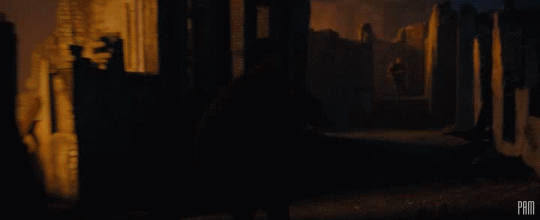

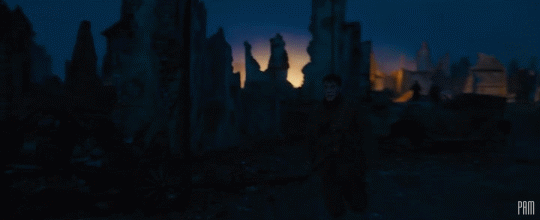
1917 (2019)
“Time is the enemy.”
#2019#gif#film#movie#WWI#1917#Sam Mendes#George MacKay#Lance Corporal Schofield#William Schofield#Will#Dean-Charles Chapman#Lance Corporal Blake#Thomas Blake#Tom#Colin Firth#General Erinmore#Mark Strong#Captain Smith#Benedict Cumberbatch#Colonel MacKenzie#Richard Madden#Lieutenant Joseph Blake#Joseph Blake#Roger Deakins#Ecoust-Saint-Mein#France#Mauser#Gewehr 1898
48 notes
·
View notes
Text







here are a few of my doodles recently
sorry i died lol
#lucifer morningstar#alastor#hazbin hotel#lance corporal schofield#1917#1917 movie#dust sans#undertale#striker#striker helluva boss#striker burger#silly doodles#barnabas oc#hazbin hotel oc
9 notes
·
View notes
Text

You know??
218 notes
·
View notes
Text
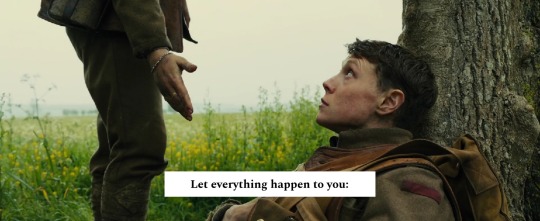
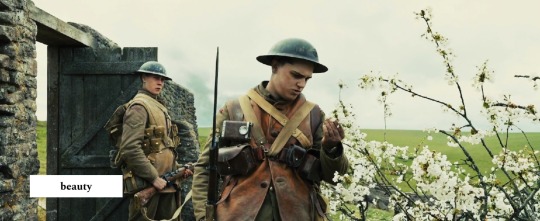
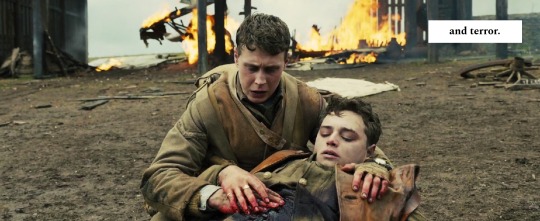
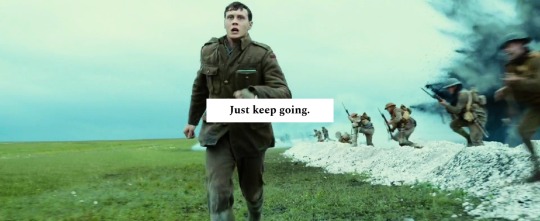
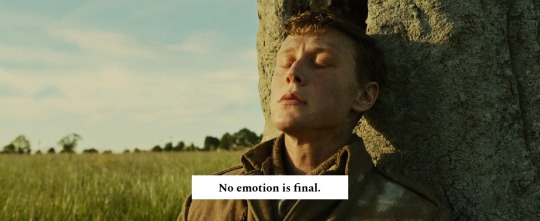
1917 - sam mendes & krysty wilson-cairns / go to the limits of your longing - rainer maria rilke
#beauty persisting thru terror death and grief is LITERALLY the thesis of this movie to me. if i ever get around to writing my silly little#essay that's the entire point of it. like. god. what a theme. what a quote. 1 million percent scocoded to me <3#len's edits#web weaving#1917#1917 movie#1917 film#1917 (2019)#blakefield#william schofield#will schofield#lance corporal schofield#thomas blake#tom blake#lance corporal blake#1917 web weaving#1917 edit
282 notes
·
View notes
Text
the most painful part of 1917 was watching will pour milk into that canteen knowing that someone's going to have to clean it out later
5 notes
·
View notes
Text
Cherries. Lamberts. They might be Dukes, hard to tell when they're not in fruit.
What's the difference?
Well, people think there's one type, but there's lots of them. Cuthberts, Queen Annes, Montmorencys, sweet ones, sour ones.
Why on Earth would you know this?
I planted a cherry tree :)
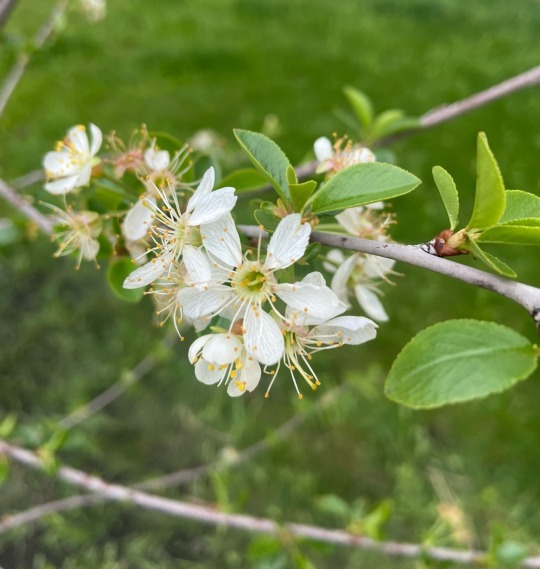
#lance corporal schofield#lance corporal blake#george mackay#dean charles chapman#admin#movies#1917 movie#cherry blossom#cherry tree
25 notes
·
View notes
Text

the war is no place for boy best friends 😔
#1917#1917 film#1917 (2019)#blakefield art#blakefield#tom blake#lance corporal blake#lance corporal schofield#will schofield#1917 fanart#silly post
90 notes
·
View notes
Text
This song. This damn song. Is just so painfully beautiful.

#1917 (2019)#1917 film#1917#william schofield#thomas blake#lance corporal blake#blakefield#lance corporal schofield#gay
19 notes
·
View notes
Photo



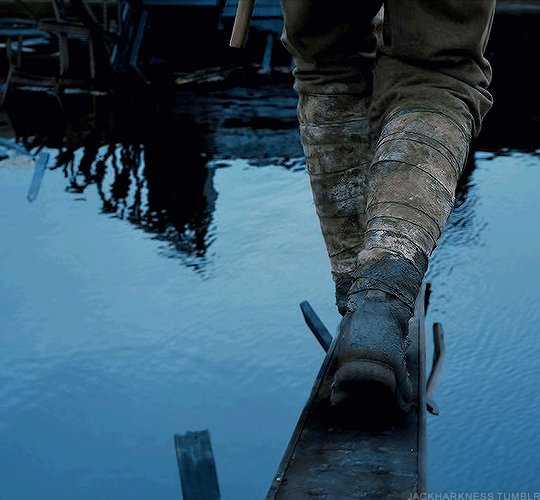
George MacKay as Lance Corporal Schofield 1917 (2019) dir. Sam Mendes
#1917#1917edit#tusershay#userclayy#tusereliza#userrobin#userfanni#underbetelgeuse#duchessofhastings#usergiles#usergarnet#cinematv#perioddramasource#cinemapix#filmtvcentral#fyeahmovies#userfilm#tvandfilm#waredit#myedit
763 notes
·
View notes